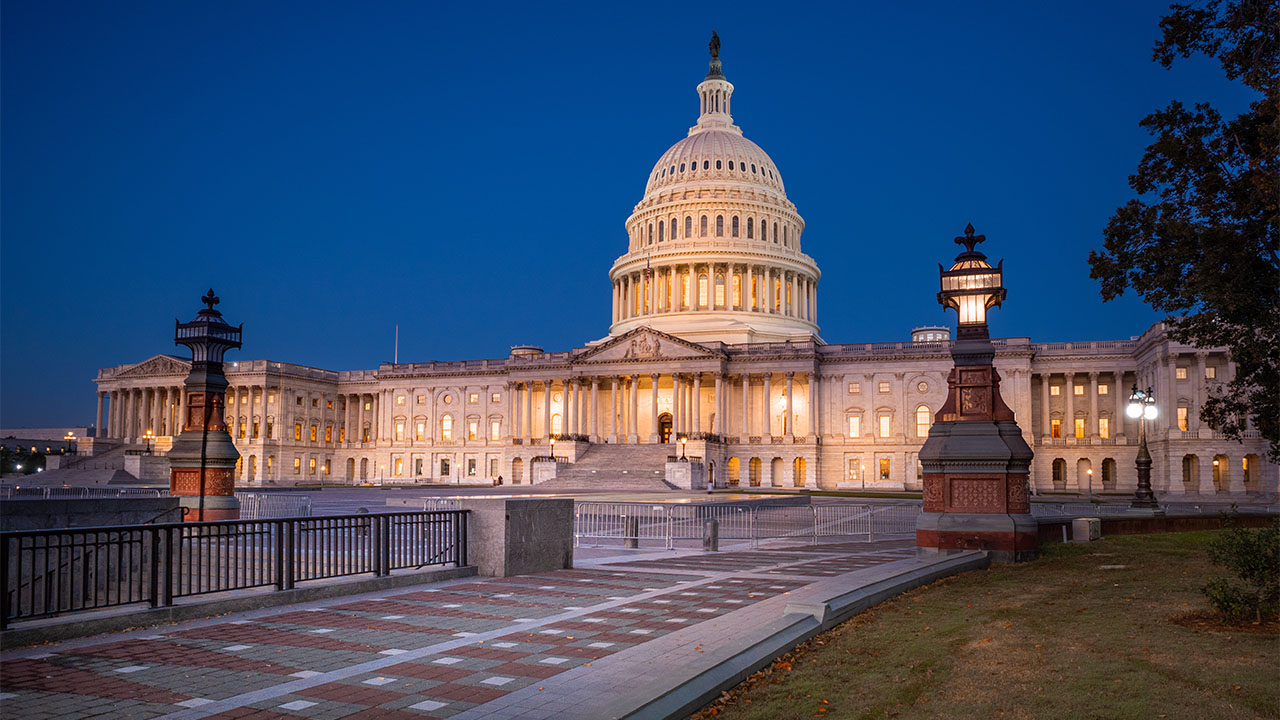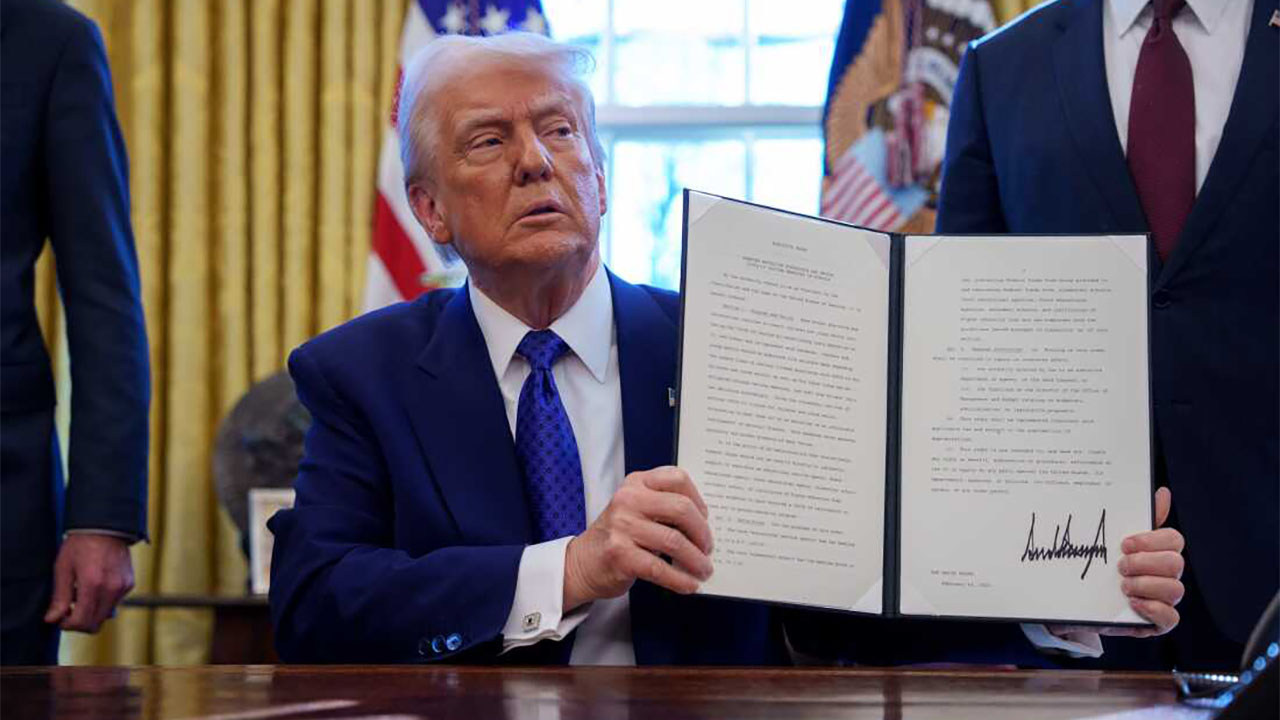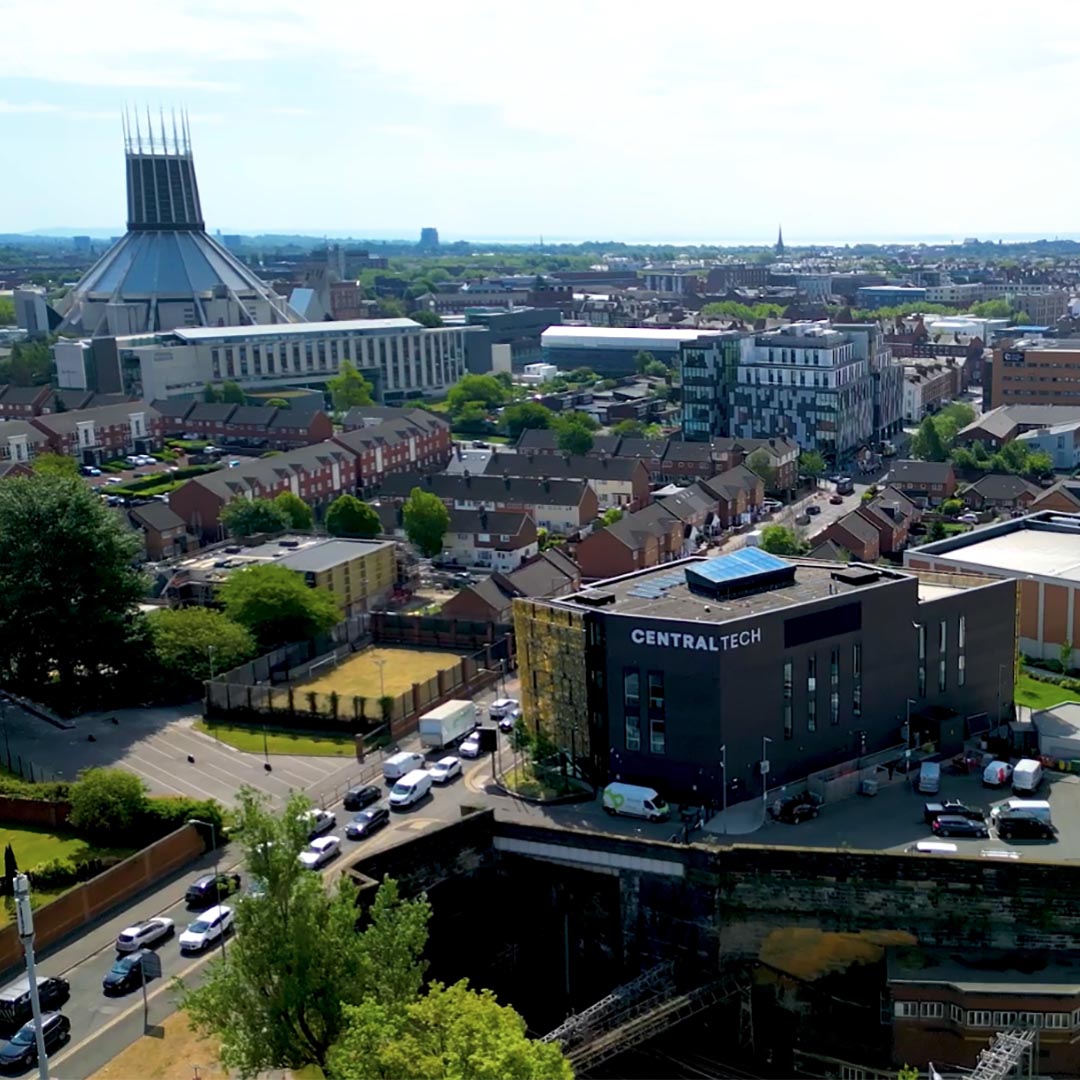Americans are rich.
The people have amassed more household wealth in the past 18 months than ever before.
The pandemic forced Americans to stay home, not travel, not dine out and, consequently, aided by stimulus cheques and payment protection, their bank balances rather than their waistlines have become bloated.
In addition, the stock market has boomed and those with investments have seen double digit growth on even the most conservative portfolios.
The Dow Jones Industrial Average – a basket of 30 blue chip U.S. stocks – started the year at 29883 and rose to 36432 at its peak on November 8th – a 25% bump up. If you hold shares in Amex they are up 43%, Microsoft up by 30%.
And if you are fortunate enough to own a house, that asset has increased in value stratospherically. U.S. homes rose 19% in value in September 2021 compared to a year earlier.
Rich, Rich. Rich.
Brits have experienced something similar too. Net household wealth in the UK grew by 8.4%, the second-best performance since the financial crash in 2008, largely driven by house prices increasing by an average of 7%.
But there are rumblings afoot.
The Dow has dipped, a new COVID variant has sent jitters across the recovering economy, and with wage increases and supply chain delays putting pressure on prices, the wealth-eroding spectre of inflation has returned.
And because the only thing we love more than money on these shores is to talk about money, the 24-hour rolling news shows are filled with blanket coverage of their smash hit Wall Street Story, a rollicking sagafeaturing those two pinstripe gangs, The Bulls and The Bears.
For The Bears, the sky is falling in. Inflation is back and stock prices should be expected to fall. They warn that the March 2020 Bear Market which saw the Dow Jones tumble from 30000 to 19000 could be repeated if the new Omnicron variant spooks the global economy again.
While a bear market is typically when shares fall around 20% on average – falls of around 10% are euphemistically called ‘corrections’ – it can also be triggered when sentiment changes and investors become more risk averse.
Some analysts warn that a bear market is coming, and that it can be the precursor to a full-blown recession. They say the circumstances where investors lose confidence in stock valuations which have reached historic highs can be the Bear necessities required.
On the other-side of the house, The Bulls are twanging their red-braces and calling their brokers. Far from being the end of the financial world as we know it, they are celebrating the sell off by ill-informed, spooked investors which is creating good buying opportunities for them.
While acknowledging the new COVID concerns could upset the market, they say that even though the Black Friday stock sell off saw the index take a hit, December is typically a good month for the economy and they expect positive news going forward.
They are still hopeful that with pockets and purses full of cash and companies looking to spend what is left in their annual budgets, the famed Santa Claus Rally could occur, especially as a little dip in stock prices offers up a bargain or two.
The Bulls also believe that the economy and the nation have got used to living with COVID and while the initial outbreak raised so much uncertainty, any new variant will be handled better with more of the population vaccinated and fewer draconian lockdown measures required.
But the Bulls are worried what the Federal Reserve might do.
Chairman of the Fed, Jerome Powell told an audience on Capitol Hill earlier this week that it might be time to “retire” the term “transitory” when describing inflation.
While many investors might think the word ‘transitory’ means temporary, the folk in the Fed have another meaning – that it won’t leave any lasting marks or scars.
I love how language can be used to make the unpalatable sound warm and cuddly or not what everyone expects.
If you decipher the code, what he was telling us was that inflation is back, it isn’t going away, its impact on prices and wages will be felt for some time to come and we will have to get used to it.
Bad news for all those people hoarding cash in the bank or under the mattress.
And there were more storm clouds from Powell.
Since the pandemic began the Fed has been injecting stimulus into the economy by buying back Treasury Bonds and Mortgage-Backed Securities every month. But this it seems will be cut back – or “tapered” as the wonks in the Treasury prefer.
“At this point the economy is very strong and inflationary pressures are high,” said Powell. “It is therefore appropriate in my view to consider wrapping up the taper of our asset purchases … perhaps a few months sooner”.
This sent a shiver through the ranks of the Bulls.
Investors are interpreting Powell’s comments as a sign the Fed may look to aggressively raise interest rates at some point next year, a move which takes the heat out of the market.
Bulls are still largely optimistic though. They see now as a buying opportunity and will hope that Friday’s job numbers show the economy continues to strengthen and that with the holidays ahead, Americans will spend, spend, spend – good news that will be reflected in January and February 2022 earnings reports.
But even the most bullish of Bulls recognise 2021’s stella market performance is unlikely to be repeated. One thing both the Bulls and the Bears can agree on – no-one is forecasting growth of 25% in the year ahead.














